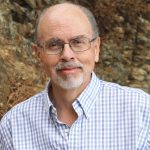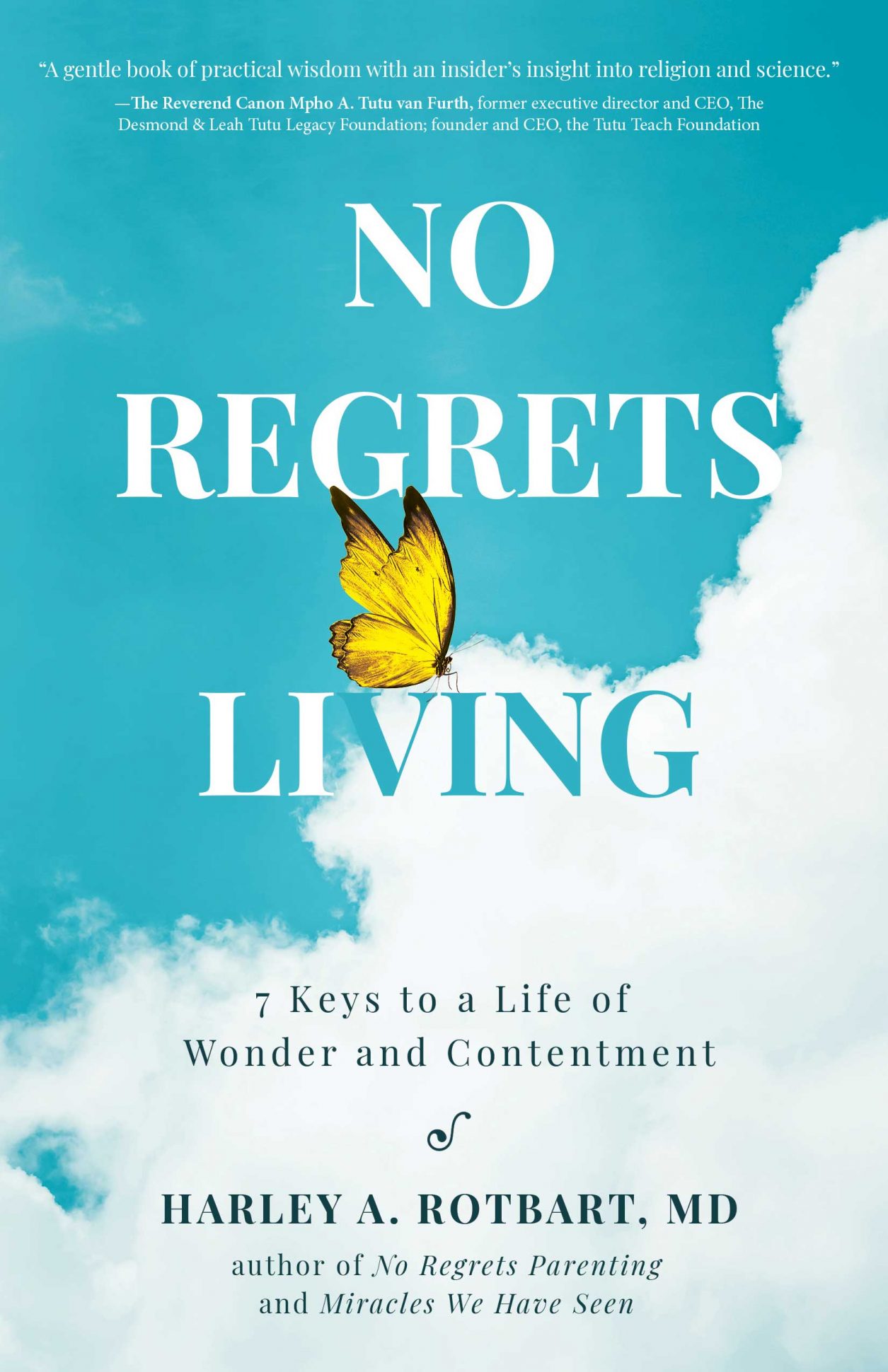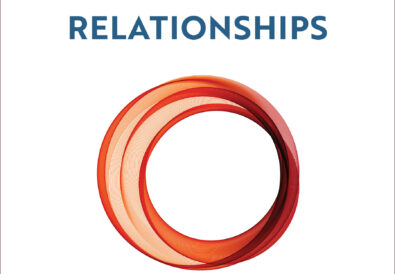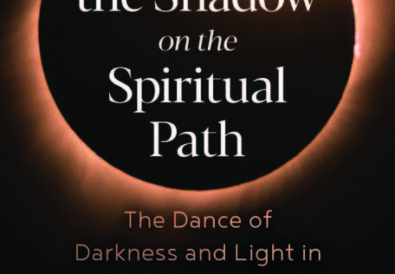The most important Key for No Regrets Living, and its true foundation, asks you to believe in something greater than yourself. Belief allows you to accommodate both joy and disappointment. No Regrets Living is not about what you believe, but that you believe, in an unknown and unknowable reality. Belief in something that can’t be “proven.” Indeed, proving belief is an oxymoron.
Although there are other choices, let’s start with two possible alternative belief systems: science and God.
SCIENCE
On May 20, 1964, scientists listening to noises of the universe through a powerful audio telescope accidentally stumbled onto an “echo” that, now knowing where to listen, can be heard at all times on internet astronomy sites. That echo is the remnant of the Big Bang, and changed science forever. Until then, many of the most esteemed scientists in the world believed that the universe always existed, that there was no “beginning.” But now we know there was a beginning, and it occurred nearly 13.8 billion years ago in a most astonishing way. According to that theory, which I believe to be true (until and unless proven otherwise), there was an infinitesimally small and unimaginably compact singularity containing every bit of energy and matter that would come to comprise our universe. By measuring the number and luminosity of observable galaxies, astronomers put current estimates of the total stellar population at roughly 70 billion trillion (7 x 1022).
How can the puny bandwidths of our human brains grasp 70 billion trillion stars and their seemingly infinite accoutrements of planets and moons and comets all initially packed into an infinitesimally, unimaginably, impossibly small space that scientists have called a singularity? And then it gets even more incomprehensible. For reasons unknown, and will forever be unknown, that singularity—containing all those cosmological behemoths and every molecule, atom, and subatomic particle of every species ever to populate the entire universe—ignited and exploded with a force greater than any we can imagine to become our still-expanding universe.
Taken even further, the Big Bang origin of the universe brought with it an infinitely complex set of natural laws governing the universe, laws that themselves defy explanation without making further, often unprovable, assumptions. Those are the truths held by a belief system rooted in science, and as a scientist I accept them (until and unless proven otherwise). Yet for me, the most perplexing question, is what happened before the beginning? Where did the singularity come from and how did it contain everything that ever was and ever will be?
GOD
Now consider an alternative belief system: God, a superior being or force with a hand in creating, and perhaps in still directing, the aforementioned universe. There is no simple summary of what a belief in God entails—the specifics can be found in millions of religious treatises written by authorities in thousands of different religions. God is different for every religion and for every person who believes. Despite all the holy books and all the holy men and women throughout the ages, an omnipresent, omnipotent God remains unfathomable to most of us. Descriptions by even the most profound thinkers and scholars fall short. But, for the simple purpose of our discussion contrasting two belief systems to explain the universe, the “God theory” assumes that there was a Creator.
Let’s compare the incomprehensibility of the Big Bang with the incomprehensibility of God. For some, it might be easier to understand an infinitesimally tiny singularity that contained everything (EVERYTHING!) there ever was to be, which then, 13.8 billion years ago, exploded to create a universe guided by natural laws, a universe containing everything we know and everything we can see with the most powerful telescopes and the most powerful microscopes, and everything we will never know and never see. For others, it might be easier to understand an all-knowing Master Planner who created and guides all that we know and see, hears our prayers, and delivers rewards and punishments.
Or, perhaps, the Big Bang, with its inherent natural laws, and God’s creation and mastery over the universe are equally incomprehensible. If an omnipotent God and an all-encompassing singularity are equally incomprehensible, why shouldn’t we be able to believe in both God and science. As I do.
There you have it—I’m a believer in both the Big Bang and in God. And I believe the Big Bang is evidence of God and of Creation. There can be no other explanation for the miracle of our universe.
This excerpt is adapted from Dr. Harley A. Rotbart’s new book, No Regrets Living – 7 Keys to a Life of Wonder and Contentment. Reprinted with permission from Health Communications, Inc.
 Harley Rotbart, MD has been a nationally renowned infectious disease specialist, pediatrician, parenting expert, speaker and educator for the past four decades. He is professor and Vice Chair Emeritus of Pediatrics at the University of Colorado School of Medicine and Children’s Hospital Colorado. Dr. Rotbart was named to Best Doctors in America for 18 consecutive years, as well as receiving numerous other national and local awards for research, teaching, and clinical work. He served on the advisory boards of Parents magazine and Parents.com and has authored more than 175 medical and scientific papers, and 6 books for general audiences.
Harley Rotbart, MD has been a nationally renowned infectious disease specialist, pediatrician, parenting expert, speaker and educator for the past four decades. He is professor and Vice Chair Emeritus of Pediatrics at the University of Colorado School of Medicine and Children’s Hospital Colorado. Dr. Rotbart was named to Best Doctors in America for 18 consecutive years, as well as receiving numerous other national and local awards for research, teaching, and clinical work. He served on the advisory boards of Parents magazine and Parents.com and has authored more than 175 medical and scientific papers, and 6 books for general audiences.




















